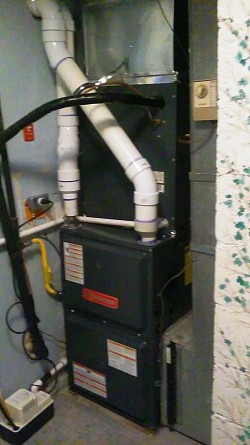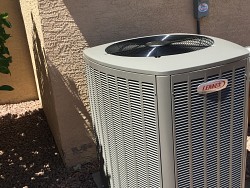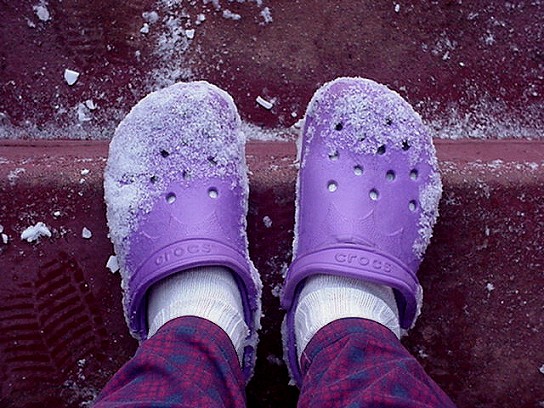How Cold Indoor Temperatures Can Harm Your Health
Baby it's cold inside! When winter comes along, the World Health Organization (WHO) recommends indoor temperatures of at least 64 degrees F, and raises that to 70 degrees for households which include infants, elderly members, or frail individuals.
Whether due to inadequate insulation or an inefficient heating system, an underheated home feels chilly and unwelcoming. Even worse, cold temperatures inside can have a decidedly negative effect on your health.
Respiratory Problems
It's a simple equation. Cold interior home temperatures + an accumulation of moisture = condensation, which in turn leads to mold. Mold inhalation is bad, bad news for a whole host of respiratory problems such as allergic rhinitis, asthma, emphysema, and bronchitis. Indoor moisture problems are made even worse by the efficient sealing of modern homes, coupled with poor ventilation.
Minimize their effect by installing bathroom and kitchen extractor fans that vent to the outdoors, rather than just recirculating humid air. Find a reliable HVAC contractor to ensure that your system is working optimally and is free of mold. If you see (or smell) moldy, damp, or musty patches on your walls or floors, clean them up promptly and take care of the underlying source.
Vulnerability to Colds and Flu
Yes, it's true. Being cold at home or work does seem to increase your vulnerability to catching colds and flu. What's the reason? According to a 2007 study at New York's Mount Sinai Medical School, cold makes it harder for you to get rid of viruses wafted in your direction.
The explanation is that normally, mucus flows into the upper respiratory tract to clean out contaminants you've just inhaled. Unfortunately, the viscosity of this mucus increases with lower temperatures, impairing its effectiveness in combating airborne viruses.
Poor Sleep
Every human being has a "set point" for temperature … an ideal internal temperature that his or her body constantly strives to achieve or maintain. This set point, which varies according to the individual, is also different when you are sleeping than during your waking hours.
If you are having trouble with any aspect of sleep -- dropping off, staying asleep, or feeling rested when you wake up -- your bedroom may be too cold.
Experiment with different nighttime settings on your thermostat to see which suits you best. Warm up your bedding with a hot water bottle or electric blanket. Wearing cozy pajamas and even snuggly bed socks may help as well.
Arthritis Pain
Joint pain due to osteoarthritis or rheumatoid arthritis may be worsened by cold, according to joint specialist Javad Parvizi, M.D., Ph.D., of Thomas Jefferson University Hospital. Dr. Parvizi explains that a drop in barometric pressure causes swelling of ligaments and soft tissues surrounding the affected joint. This expansion will stimulate the nerves to register painful sensations.
The good news is that the effect on the underlying condition is not dangerous, only symptomatic, and can be alleviated by gentle exercise and stretching, massage, warm clothing, and heat packs. Even better, try to lose a few pounds to reduce pressure on your aching joints.
Heart Disease
Cold temperatures tend to raise blood pressure and heart rate, which is especially dangerous for those already suffering from heart disease. If you fall into this category, be conscientious about heating your home and on the coldest days, stay indoors as much as you can.
Laura Firszt writes for networx.com.
Looking for a Pro? Call us (866) 441-6648

Heating & cooling Average Costs
HVAC Contractors Experiences

Heat Pump Replacement By A Contractor I Can Trust

Furnace Replacement So Our Heat Won’t Fail In The Winter Cold




